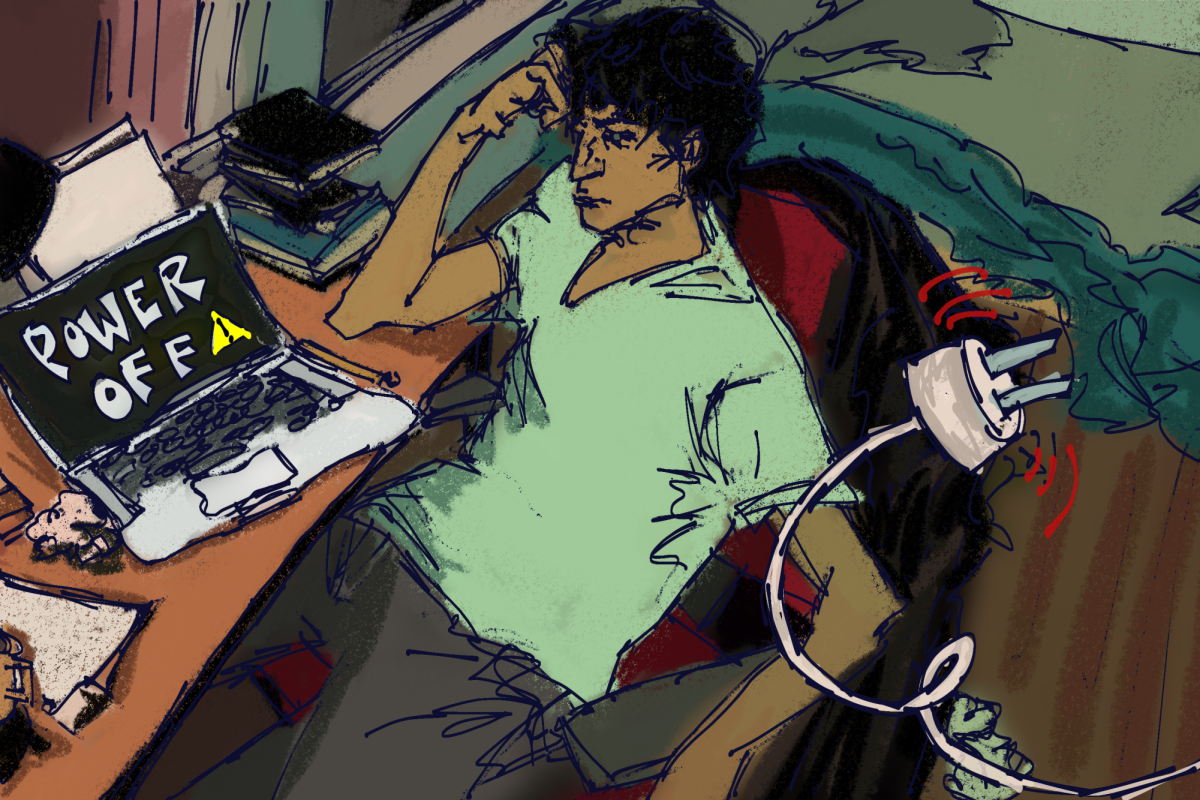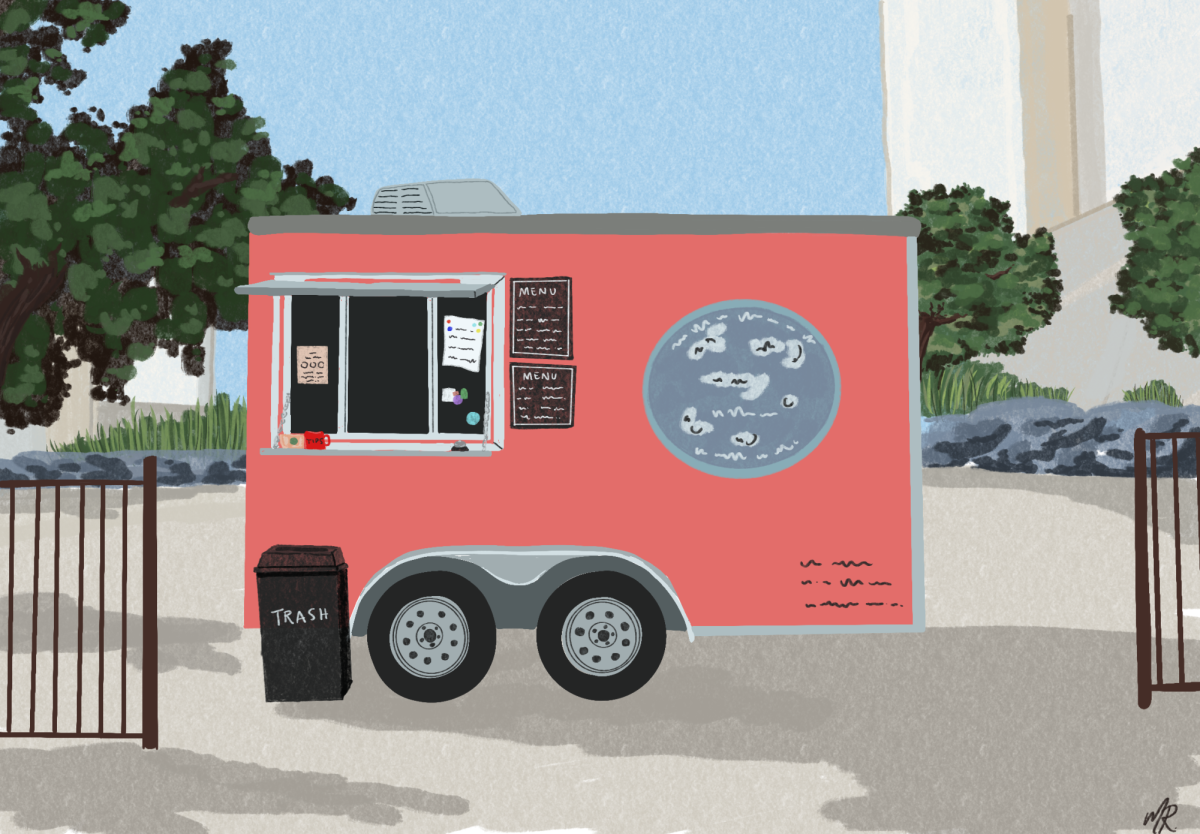In the aftermath of COVID-19, wages have remained stagnant despite skyrocketing inflation. In response to these difficult conditions, many have resorted to side gigs to supplement their income. For many people, side gigs are a matter of life and death; college students are no different.
With 81% of students working at least a part-time job, it’s clear college students need additional income. The most popular side hustles are freelancing and food delivery. However, due to their time-consuming nature and lack of direction, college students find it difficult to pursue these ideas. To combat this, students can turn their passions into a side gig with plenty of help from the UT community.
UT is full of creative longhorns, with around 52,000 students comprising a diverse community. Students at UT have side businesses that center around their lifelong passions. Sasha Kadamba, a public health senior, started a card business by sharing her passion for art and calligraphy on Instagram.
One resource Kadamba used was the Kendra Scott Women’s Entrepreneurial Leadership Institute (KS WELI). The KS WELI is made up of mentors, resources, and like-minded individuals that women can apply for.
“We take semesterly cohorts of women entrepreneurs from the UT ecosystem and help them with anything regarding their business, whether it be funding, mentorship, networking, support or anything along those lines,” said Kelsey Knigin, a junior finance major and intern at KS WELI.
Without these resources, students may face challenges getting their businesses started. Most commonly, students lack the capital to kickstart their side hustle ideas. A Harvard Business Review study found that millennials are less likely to engage in entrepreneurship because of their debt, and Gen Z is also encountering this issue.
“It takes a lot of capital to really scale (a) company to be able to have the inventory and other kinds of requirements (to get started),” finance professor Jim Nolen said. “Retail and manufacturing the capital requirements for many students may be outside of their reach. … Service businesses are usually the most common (path) because they (require) less capital.”
However, despite these barriers, there’s still hope. Service-based businesses, which often require less upfront investment, are a viable path for many aspiring student entrepreneurs. Whether offering tutoring services, freelance writing or digital marketing consultations, these ventures leverage skills and expertise rather than tangible goods, reducing the need for substantial capital.
The opportunities don’t stop there. UT recognizes the financial hurdles students face and provides various avenues to secure additional funding. Initiatives such as the KS WELI, SEED Pitch Competition and Genesis Program offer valuable resources and financial support for students with creative side gig ideas.
With hard work and engagement in UT resources, students can pursue their passion and creative ideas as a side hustle. Entrepreneurship and initiatives are in the UT spirit and are a gold mine for employers. While you may not pursue your side hustle full-time, it can be a valuable and fruitful learning experience for all involved. So, take a leap and engage with campus resources, and you might just make some side cash doing it.
Siddiqi is a business freshman from Spring, Texas.














